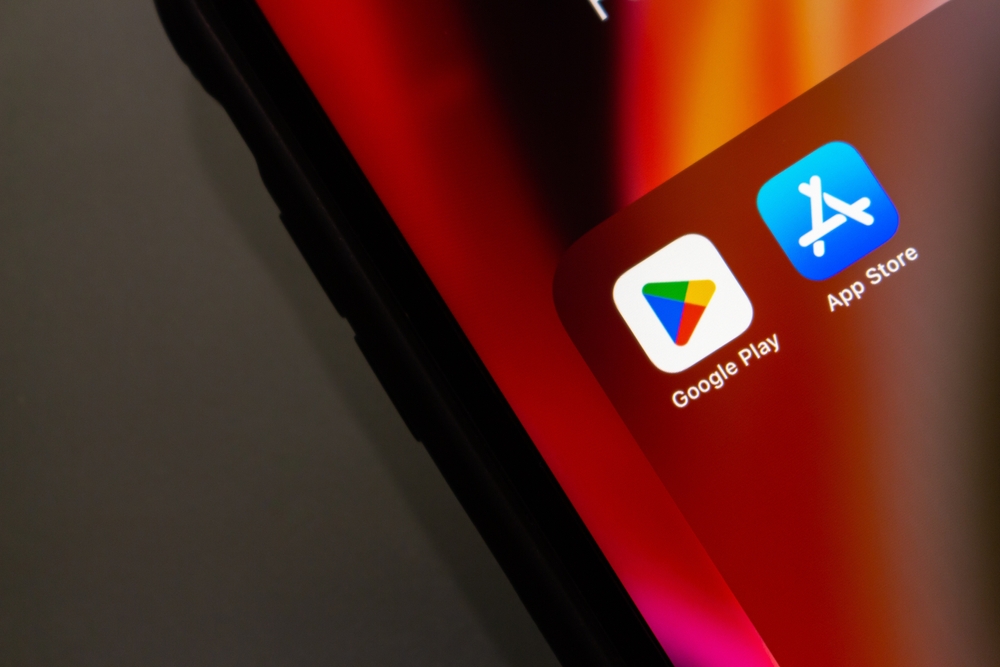Android is witnessing a decline in popularity, with the trend of users abandoning it gaining momentum. In the US, a crucial smartphone market globally, Apple’s Move to iOS app has climbed the ranks in Google Play’s most popular apps. It currently holds the 18th spot, reflecting growing interest in transitioning from Android to iPhone.
This app facilitates transferring the following data from Android to iPhone:
- Contacts
- Message history
- Photos, videos, and photo albums
- Files, folders, and accessibility settings
- Display settings, web bookmarks, and mail accounts
- WhatsApp messages, media files, and voice reminders
- Call history and calendars
Android’s Global Market Share Erosion
In 2024, Android turned 17, and its dominance appears to be waning. Once a leading platform, its share in major markets like the US is diminishing. In 2016, over 53% of US smartphones used Android, but by 2023, the iPhone had captured 50% of the market. Globally, Android’s share has fallen from 77% to 69% over the past five years—a seemingly modest 8% decline. However, considering there are 6.92 billion smartphone users worldwide, this translates to a staggering 500 million fewer Android users.
Factors Contributing to Android’s Decline
A significant factor in Android’s decreasing popularity is Google’s restrictive policies for both users and app developers. Modern Android versions lack certain features available in earlier iterations like Android 4 and 5. Google’s increasing control over app installations, restricting users to Google Play Store options, has also frustrated many.
For app developers, Google’s stringent requirements pose significant challenges. Applications are often removed from the store despite being functional and complete, particularly if updates aren’t continuously released. This impacts apps like story-based games or utilities with finalized features.
Moreover, Google’s demand for sensitive personal data—such as a developer’s passport details, physical address, phone number, and email—deters many, adds NIX Solutions. Some of this information is even made publicly accessible on Google Play, pushing privacy-conscious developers to withdraw their apps entirely.
Android’s decline is evident as more users and developers pivot toward alternatives like the iPhone. We’ll keep you updated as these trends evolve and shape the future of smartphone ecosystems.

